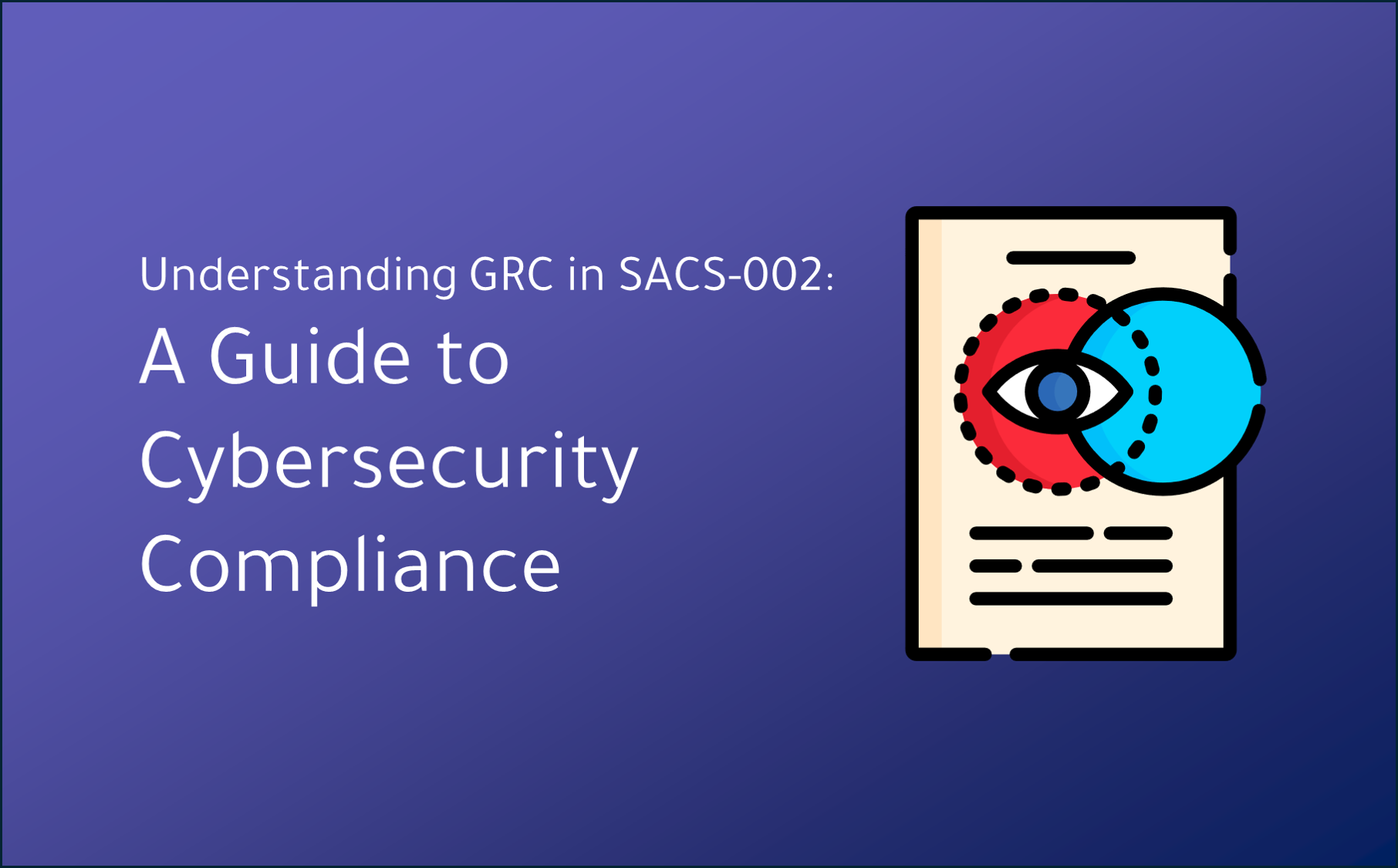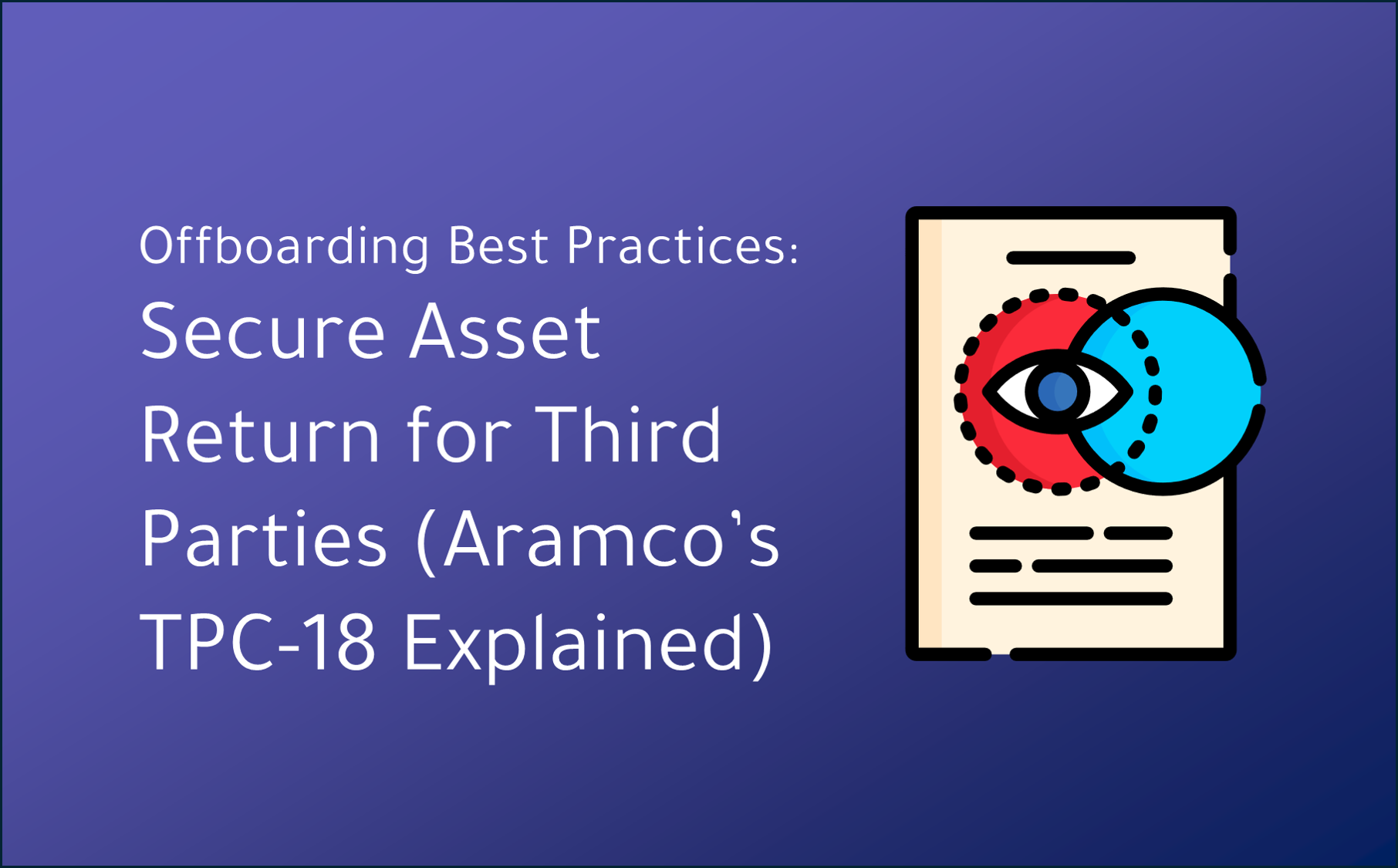Email security is a critical component of cybersecurity, especially for businesses working with Saudi Aramco. Under the Third Party Cybersecurity Standard (SACS-002), TPC-14 mandates third parties to enforce the Sender Policy Framework (SPF) for Aramco email domains. But what is SPF, and why is it so important for protecting Aramco emails? Let’s dive in.
Table of Contents
Podcast Episode
What is TPC-14?
TPC-14 is a cybersecurity control that requires third-party vendors and contractors to enforce SPF for Saudi Aramco email domains, such as aramco.com and aramco.com.sa. SPF is an email authentication protocol that verifies whether an email is sent from an authorized IP address, helping to prevent email spoofing, phishing, and fraud.
Why Does TPC-14 Matter?
- Preventing Email Spoofing
Cybercriminals often impersonate Aramco email addresses to trick recipients into revealing sensitive information or downloading malicious attachments. SPF helps prevent this by verifying the sender’s identity. - Compliance with Aramco Standards
Non-compliance with TPC-14 can lead to serious consequences, including contract termination or legal action. Adhering to this standard is essential for maintaining a strong partnership with Aramco. - Protecting Sensitive Data
Saudi Aramco’s emails often contain highly confidential information. SPF enforcement ensures that these emails are sent and received securely, reducing the risk of data breaches. - Enhancing Email Deliverability
SPF improves email deliverability by reducing the likelihood of legitimate emails being marked as spam. This ensures that important communications reach their intended recipients.
How to Comply with TPC-14
- Implement SPF for Aramco Domains
Work with your IT team or email service provider to configure SPF records for Aramco email domains (aramco.com and aramco.com.sa). This involves publishing a list of authorized IP addresses that are allowed to send emails on behalf of these domains. - Publish SPF Records in DNS
Publish your SPF records in your Domain Name System (DNS) server. This allows receiving mail servers to verify the authenticity of emails sent from Aramco domains. - Monitor and Update SPF Records
Regularly review and update your SPF records to reflect any changes in Aramco’s email infrastructure. This ensures that SPF enforcement remains effective over time. - Train Your Team
Educate your employees about the importance of SPF and how to recognize phishing emails. Regular training can help reinforce email security best practices.
How NHR Can Help
At NHR Alemtithal for IT (NHR), we specialize in helping businesses achieve compliance with Saudi Aramco’s cybersecurity standards, including TPC-14. Our services include:
- SPF Implementation and Configuration
- Cybersecurity Compliance Certification (CCC)
- Employee Training Programs
Don’t risk non-compliance or an email-based attack. Let NHR guide you through the process and ensure your business meets all Aramco requirements.
Contact Us Today!
For more information or to schedule a consultation, call us at +966 55 653 8840 or email info@nhr.com.sa. Visit our service page to learn more.
Stay compliant, stay secure, and protect your business with NHR!
By enforcing SPF and partnering with NHR, you can ensure your business meets Aramco’s cybersecurity standards while safeguarding sensitive data. Let us help you navigate the complexities of compliance with ease!
Frequently Asked Questions (FAQs)
- What happens if SPF is not enforced?
Without SPF, your email domain is vulnerable to spoofing, phishing, and fraud. This can lead to data breaches, financial losses, and damage to your reputation. - How does SPF work with DKIM and DMARC?
SPF, DKIM (DomainKeys Identified Mail), and DMARC (Domain-based Message Authentication, Reporting, and Conformance) work together to provide comprehensive email security. SPF verifies the sender’s IP address, DKIM ensures the email’s integrity, and DMARC provides policy enforcement and reporting. - How often should SPF records be updated?
SPF records should be reviewed and updated regularly, especially when there are changes in your email infrastructure, such as adding new email servers or third-party services. - Can NHR help with other cybersecurity standards?
Yes, NHR offers a range of services to help businesses comply with various cybersecurity standards, including SACS-002.
Disclaimer:
The content of this podcast is generated by NotebookLM, an AI-powered tool designed to assist with creative and informational tasks. While every effort has been made to ensure accuracy and relevance, the information and opinions expressed in this podcast are AI-generated and should not be taken as professional advice, factual truth, or the views of any individual or organization. Listeners are encouraged to independently verify any information and consult appropriate experts or sources for specific guidance. The creators of this podcast are not responsible for any errors, omissions, or outcomes resulting from the use of this content. Enjoy responsibly!




